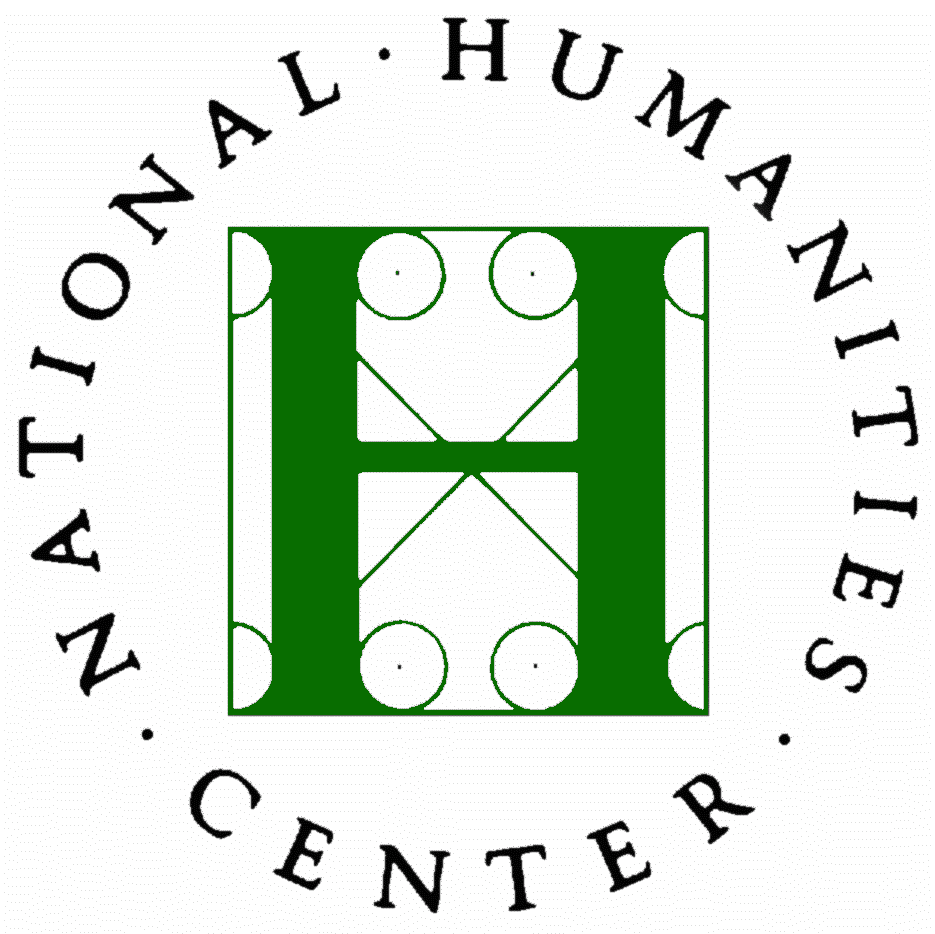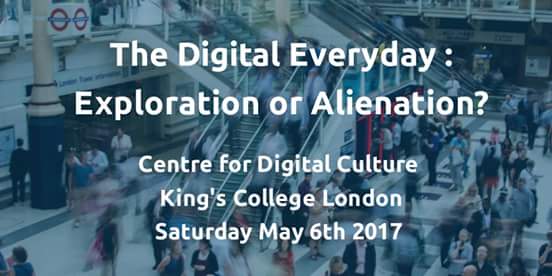This year, we particularly invite papers, panels, workshops, and tutorials that present new discovery methods for diverse kinds of collections and datasets (e.g., documents, images, sounds, videos), that apply recent technologies in related fields like machine learning and data mining, and that report on innovative digital library applications that engage diverse communities, facilitate user access, and enable discovery and exploration in all domains including science, art, and the humanities.
Participation is sought from all parts of the world and from the full range of established and emerging disciplines and professions including computer science, information science, web science, data science, digital humanities, librarianship, data management, archival science and practice, museum studies and practice, information technology, medicine, social sciences, education and the humanities. Representatives from academe, government, industry, and others are invited to participate.
Important dates
January 15, 2017 – Tutorial and Workshop proposal submissions
January 29, 2017 – Full paper and short paper submissions
February 1, 2017 – Notification of acceptance for tutorials and workshops
February 12, 2017 – Panel submissions
February 12, 2017 – Poster and demonstration submissions
March 20, 2017 – Notification of acceptance for full papers, short papers, panels, posters, and demonstrations
April 16, 2017 – Doctoral Consortium abstract submissions
Topics
JCDL welcomes submissions from researchers and practitioners interested in all aspects of digital libraries such as:
collection discovery and development;
hybrid physical/digital collections;
knowledge discovery;
applications of machine learning and AI;
services;
digital preservation;
system design;
scientific data management;
infrastructure and service design;
implementation;
interface design;
human-computer interaction;
performance evaluation;
user research;
crowdsourcing and human computation;
intellectual property;
privacy; electronic publishing;
document genres;
multimedia;
user communities; and
associated theoretical topics.
Submissions that resonate with JCDL 2017 theme are especially welcome, although we will give equal consideration to all topics in digital libraries.
Submissions
Full papers report on mature work, or efforts that have reached an important milestone, and must not exceed 10 pages. Accepted full papers will typically be presented in 20 minutes with 10 minutes for questions and discussion.
Short papers may highlight preliminary results to bring them to the community’s attention. They may also present theories or systems that can be described concisely in the limited space. Short papers must not exceed 4 pages in the conference format. Accepted short papers will typically be presented in 10 minutes with 5 minutes for questions and discussion.
Posters permit presentation of late-breaking results in an informal, interactive manner. Demonstrations showcase innovative digital library technologies and applications, allowing you to share your work directly with your colleagues in a high-visibility setting. Proposals for posters or demonstrations should consist of a title, extended abstract, and contact information for the authors, and should not exceed 2 pages in the conference format. Accepted posters and demonstrations will be displayed at the conference.
All submissions will be subject to a single-blind peer review. Paper submissions including full and short papers, posters, and demos should use the ACM Proceedings template and are to be submitted in electronic format. All accepted papers will be published by the ACM as conference proceedings and electronic versions will be included in both the ACM and IEEE digital libraries.
 The editors of Textshop Experiments invite submissions via essays and video essays, reviews, conference reports, and multimodal projects for its forthcoming Open Issue to be published in May 2017. Textshop Experiments is an open access, peer-reviewed journal that aims to extend the work of Greg Ulmer and to foster experimental works that invent, operate in, or analyze the apparatus of Electracy. We welcome innovative and hybrid works in new media and original scholarship on reading and writing, rhetoric, and culture.
The editors of Textshop Experiments invite submissions via essays and video essays, reviews, conference reports, and multimodal projects for its forthcoming Open Issue to be published in May 2017. Textshop Experiments is an open access, peer-reviewed journal that aims to extend the work of Greg Ulmer and to foster experimental works that invent, operate in, or analyze the apparatus of Electracy. We welcome innovative and hybrid works in new media and original scholarship on reading and writing, rhetoric, and culture.




 “From how we buy, walk around, get a cab, love, break up, go to bed, and meet new people to the way we rate services, turn on the fridge, exercise and eat – social media, apps, and Big Data are reshaping some of the most basic activities in our lives.”
“From how we buy, walk around, get a cab, love, break up, go to bed, and meet new people to the way we rate services, turn on the fridge, exercise and eat – social media, apps, and Big Data are reshaping some of the most basic activities in our lives.”

